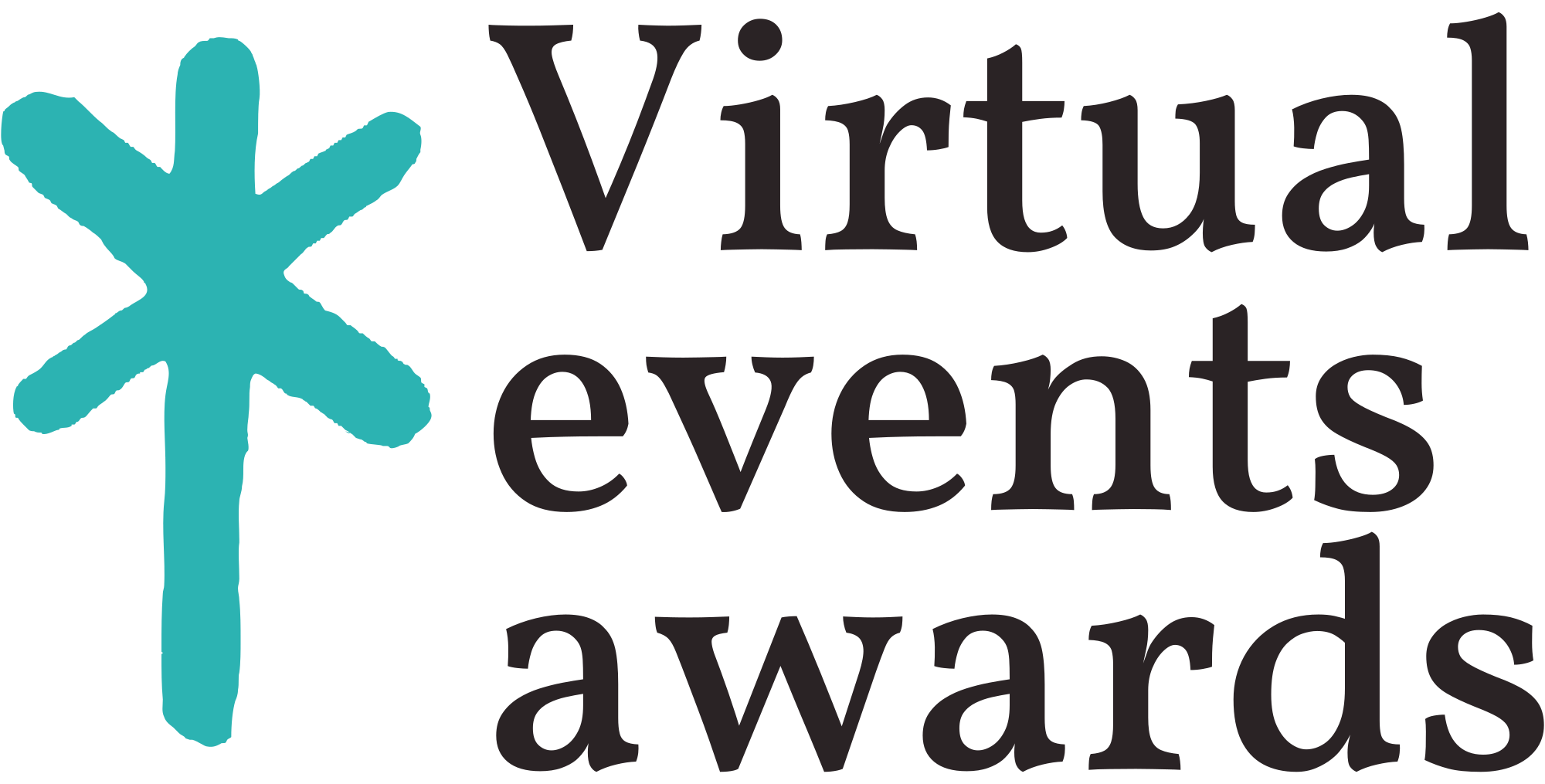Planning and Structuring Your Online Workshops
Planning and structuring your online workshops is a crucial step in ensuring their success. A well-organized workshop helps participants stay engaged and makes the learning experience more effective. When designing your workshop, consider the following key elements to optimize the experience for your attendees.
First, clearly define the objectives of your workshop. What do you want participants to take away from the session? Establishing clear learning goals will help you structure the content more effectively and guide the flow of the workshop.
Next, create a detailed outline or agenda for the workshop. Break down the session into segments, allocating time for each topic or activity. Be mindful of the overall duration of the workshop and ensure that the content fits within the allotted time frame. A well-structured agenda will help you stay on track and cover all the essential material.
Consider the format of your workshop. Will it involve lectures, group discussions, interactive activities, or a combination of these? Variety in the format keeps participants engaged and accommodates different learning styles. Additionally, plan for breaks to allow participants to rest and recharge, especially for longer workshops.
Utilize technology to enhance the workshop experience. Choose a reliable platform for hosting your online workshop, and familiarize yourself with its features to facilitate smooth delivery. Interactive tools such as polls, quizzes, and breakout rooms can be integrated to make the workshop more engaging and participatory.
Lastly, consider the pacing of your workshop. Allow time for introductions, transitions between topics, and Q&A sessions. Engage participants by encouraging questions and discussions throughout the workshop. A well-paced and interactive workshop is more likely to hold the attention of participants and leave a lasting impression.
By carefully planning and structuring your online workshops with these key considerations in mind, you can create a rich learning experience that resonates with your audience, ensuring a successful and impactful session.
Engaging Your Audience: Strategies for Success
One of the key challenges in mastering online workshops is engaging your audience effectively. Engaging your audience is essential for a successful online workshop, and there are several strategies that can help you achieve this. Firstly, interactive content such as polls, quizzes, and Q&A sessions can keep participants actively involved and interested in the material being presented.
Furthermore, using a variety of multimedia elements such as videos, images, and infographics can help to maintain the audience’s attention and cater to different learning preferences. It’s also important to create opportunities for discussion and collaboration, whether through breakout rooms for group activities or chat features for real-time interaction.
Additionally, incorporating storytelling and real-life examples can make the content more relatable and engaging for participants. By weaving in personal anecdotes or case studies, you can effectively illustrate key points and keep the audience connected to the material.
Lastly, being energetic and enthusiastic as a presenter can significantly impact audience engagement. Your passion for the topic can be contagious and inspire participants to remain actively involved throughout the workshop.
By implementing these strategies, you can create a more engaging and interactive online workshop that resonates with your audience and contributes to a successful learning experience.
Leveraging Technology for Seamless Online Workshops
Mastering online workshops requires leveraging technology to create seamless and engaging learning experiences. By harnessing the power of various digital tools and platforms, workshop hosts can ensure that participants remain actively involved and connected throughout the session.
One of the key aspects of leveraging technology for online workshops is to select the right communication tools. Utilizing video conferencing software such as Zoom, Microsoft Teams, or Google Meet can facilitate real-time interactions, screen sharing, and breakout rooms for group discussions. Additionally, incorporating interactive whiteboards or digital collaboration platforms like Miro or MURAL can enable participants to engage in brainstorming, mind mapping, and group activities in a virtual environment.
Furthermore, integrating multimedia elements such as videos, slideshows, and audio clips can enhance the overall content delivery and maintain participant interest. This can be achieved through the use of presentation software like Microsoft PowerPoint or Prezi, as well as streaming platforms like YouTube or Vimeo. Embracing these multimedia tools can help workshop hosts to deliver dynamic and visually captivating presentations.
Moreover, to ensure seamless interaction and feedback collection, leveraging audience response systems and polling software such as Mentimeter or Poll Everywhere can encourage active participation and gauge participant understanding. These tools enable hosts to pose questions, conduct surveys, and receive instant feedback, thereby fostering a more interactive and engaging workshop environment.
In conclusion, leveraging technology is essential for creating successful online workshops. By strategically incorporating communication tools, multimedia elements, and audience engagement platforms, workshop hosts can deliver seamless, interactive, and captivating learning experiences for participants.





